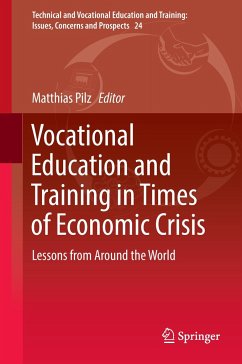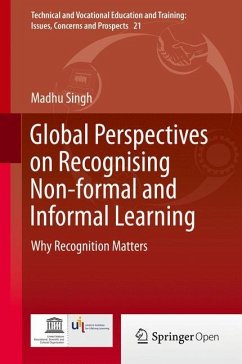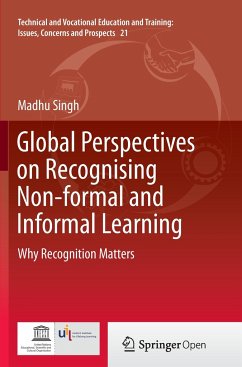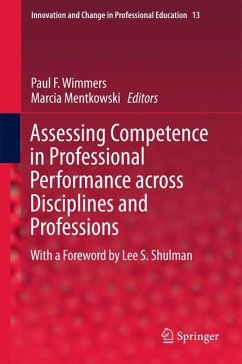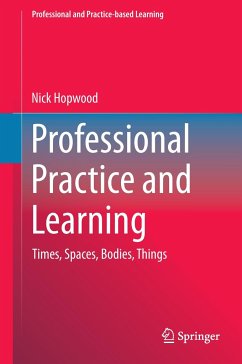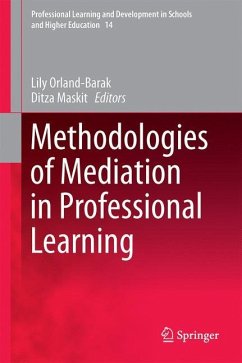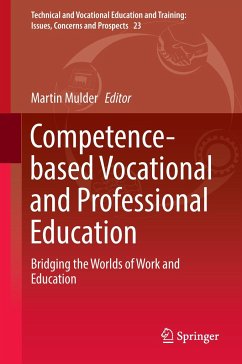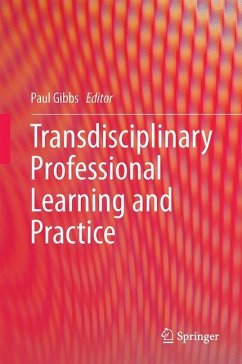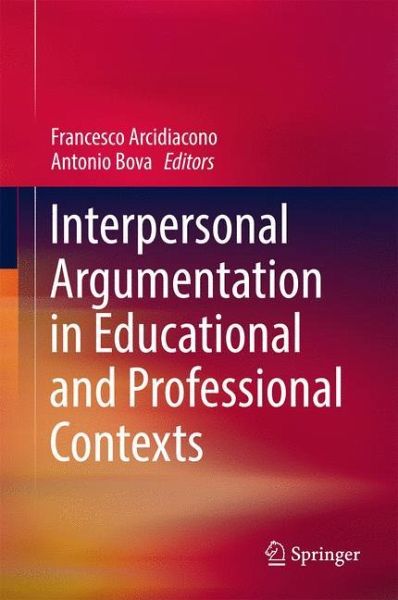
Interpersonal Argumentation in Educational and Professional Contexts

PAYBACK Punkte
42 °P sammeln!
This book provides a comprehensive overview of empirical studies based on various approaches devoted to examining the interpersonal argumentative processes involved in different contexts. It also identifies context-dependent similarities and differences in the ways in which argumentative interactions are managed by individuals in a range of educational and professional settings.How can some forms of negotiation, change and debate result from engaging in interpersonal processes during argumentation? How do interpersonal dimensions affect the interdependencies between argumentative exchanges and...
This book provides a comprehensive overview of empirical studies based on various approaches devoted to examining the interpersonal argumentative processes involved in different contexts. It also identifies context-dependent similarities and differences in the ways in which argumentative interactions are managed by individuals in a range of educational and professional settings.
How can some forms of negotiation, change and debate result from engaging in interpersonal processes during argumentation? How do interpersonal dimensions affect the interdependencies between argumentative exchanges and construction of knowledge and skills? The book clarifies these open questions by providing a discussion of theoretical and empirical issues at the forefront of research, in order to provide a view of how interpersonal argumentation in educational and professional contexts is actually questioned and investigated.
It offers readers an opportunity to discover the crucial importance of an in-depth understanding of the role and functions played by the interpersonal dynamics within argumentative interactions occurring in a wide range of educational and professional contexts.
How can some forms of negotiation, change and debate result from engaging in interpersonal processes during argumentation? How do interpersonal dimensions affect the interdependencies between argumentative exchanges and construction of knowledge and skills? The book clarifies these open questions by providing a discussion of theoretical and empirical issues at the forefront of research, in order to provide a view of how interpersonal argumentation in educational and professional contexts is actually questioned and investigated.
It offers readers an opportunity to discover the crucial importance of an in-depth understanding of the role and functions played by the interpersonal dynamics within argumentative interactions occurring in a wide range of educational and professional contexts.



